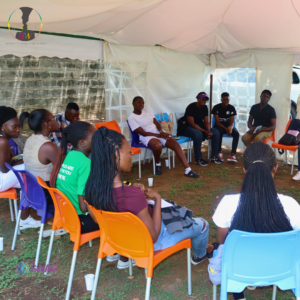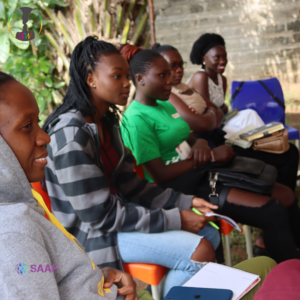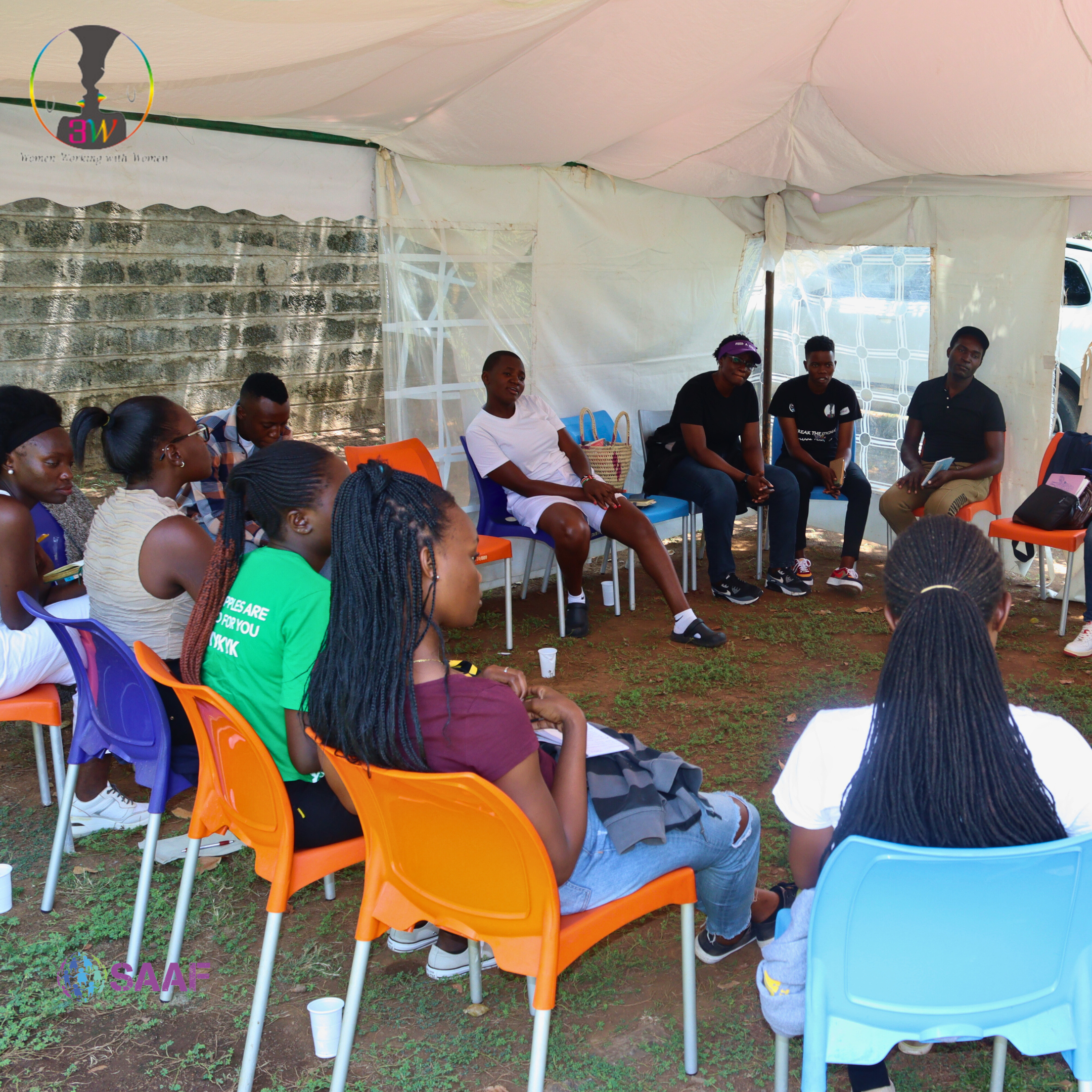FAITH AND CHOICE 2.0
On Saturday, 3w  hosted an insightful session as part of our “Faith and Choice” training series, where participants and religious scholars engaged in deep,
hosted an insightful session as part of our “Faith and Choice” training series, where participants and religious scholars engaged in deep,
meaningful conversations. Our focus was on exploring the dual nature of religion—its ability to both divide and unite people. We discussed how varying interpretations of religious texts can lead to different views on sexual and reproductive health and rights (SRHR) for queer individuals. At the same time, we also highlighted how religion can be a powerful unifying force when approached with compassion and understanding.
One of the key takeaways from our discussions was the recognition that religion is not a static concept. It evolves, allowing room for new interpretations and interventions, especially concerning emerging societal issues related to SRHR.
The session underscored the importance of fostering a dialogue between queer individuals and religious leaders on SRHR matters. Participants agreed on the necessity of addressing the reality that sexual activity among youth occurs, and abortions are a daily reality. To tackle these issues, promoting safe sex practices emerged as a key recommendation, aiming to reduce unintended pregnancies and the subsequent need for abortions. Additionally, we stressed the importance of youth avoiding drug abuse, which can impair judgment and lead to risky sexual behaviour. Engaging religious leaders in these conversations is vital for shifting the narrative and practices within faith communities.

Our session also explored the complex ethical considerations in decision-making, particularly in cases of pregnancies resulting from rape within Islamic practices. We acknowledged that there are gaps where religion does not fully protect the rights of queer individuals, emphasizing the need for more education and dialogue to address these limitations. We highlighted the necessity of comprehensive sexual education and the importance of leveraging international frameworks, treaties, and agreements to drive policy reforms in SRHR. As we move forward, ensuring that the voices of pregnant individuals are included in decisions about their bodies remains a crucial area for ongoing advocacy and action.




